PARALLEL SESSION ROOM2
| 10:45-12:15 | AI, Children and Youth (Jump to the session) |
| 13:30-15:00 | AI in Healthcare (Jump to the session) |
| 15:10-16:40 | AI and IoT (Jump to the session) |
| 17:00-18:30 | Integrating AI with Complex Systems modelling to achieve the SDGs (Jump to the session) |
AI has become an important part of many children’s and young people’s lives, impacting their education, work, privacy, and participation in social life. However, our understanding of how and why children and young people are using AI and the impacts this has on them is limited. In this session, four speakers will identify both the opportunities and risks of using AI for young people. In addition to supporting education and improving customer experience, speakers will focus on uncertainties, information inaccuracy, and prejudice, all of which are potentially exacerbated when using AI tools. Speakers will analyze the role of existing global and national guidelines, regulations, and laws in helping young people to balance AI benefits and potential risks. Based on analysis, speakers will provide advice on how to ensure young people’s rights are upheld and well-being is supported in the age of AI.

Jaimee Stuart (Chair)
Senior Researcher – Team Lead, UNU Macau

Alicja Pawluczuk
Digital [in]equity Research Fellow at Leeds University’s INCLUDE+ Network & Founder of the Digital Youth Work Research Hub [Former ICTD Research Fellow at UNU Macau
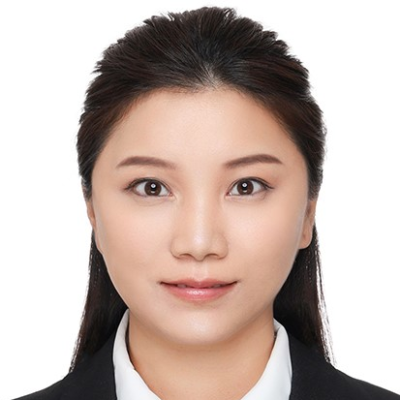
Yi Li
PhD Candidate at the Faculty of Law of the University of Macau
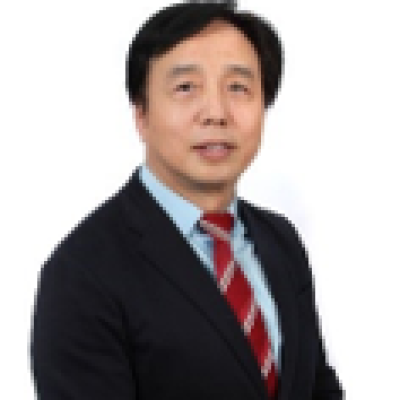
Li Ming Wen
Director, Population Health Research & Evaluation Hub, Sydney Local Health District; Clinical Professor, Sydney School of Public Health, The University of Sydney
AI has the potential to transform global healthcare by tackling opportunities and challenges in medical research, patient care, and disease management. This session will discuss the need for an international framework to accredit AI equipment and materials in healthcare, along with solutions to ensure ethical and effective deployment. Presentations will also focus on the impact of AI on sexual and reproductive health, particularly for women and girls, emphasizing the importance of governance frameworks to balance opportunities and risks. Efforts to predict and prevent zoonotic disease outbreaks through machine learning systems will be examined, highlighting collaboration and continuous improvement. Additionally, the session will explore integrating AI into nursing practices, guided by the Ubuntu philosophy. The overall goal of the session is to optimize AI’s potential in healthcare while addressing ethical, regulatory, and technological challenges and fostering collaboration across disciplines and regions to ensure equitable access to healthcare.
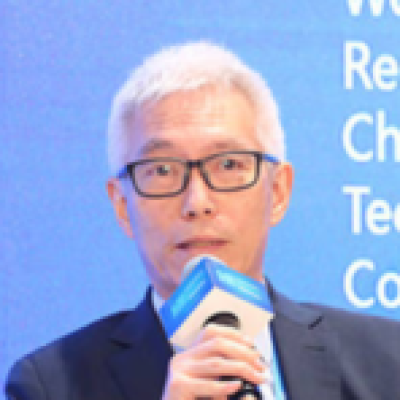
Samuel Chan (Chair)
Former Chairman of the Science and Technology Development Fund
(FDCT)
Macau SAR, China
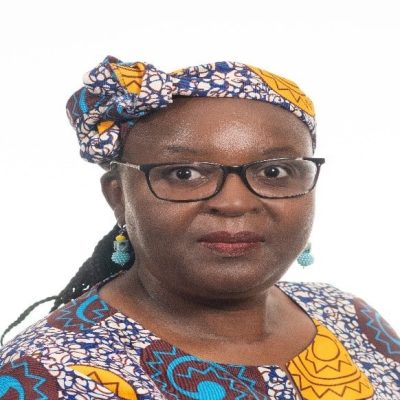
Fhumulani Mavis Mulaudzi
Professor, The University of Pretoria in South Africa

Rodwell Gundo
Postdoctoral Research Fellow, The University of Pretoria in South Africa

Shaun Martin
Senior Project Manager for WWF Asia-Pacific Counter-Illegal Wildlife Trade Hub
Claudia Abreu Lopes
Research Fellow, UNU-IIGH
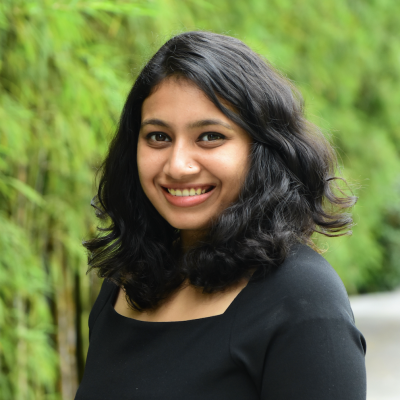
Niharika Rustagi
Postdoctoral Fellow, UNU-IIGH

Lei Chaoyu
M.D. candidate, Department of Ophthalmology, Shanghai Ninth People’s Hospital Shanghai Jiao Tong University, School of Medicine

Wang Bin
Nursing graduate student from Hangzhou Normal University
This session explores the connections between environmental health and technology. The first study examines individual exposure to combined environmental factors during daily mobility, revealing spatial heterogeneity and clustering patterns in air pollution, noise, and greenspace. The second presentation showcases AI’s role in addressing Sustainable Development Goals (SDGs) worldwide, emphasising its potential to drive global sustainability through innovative technology. Finally, the third presentation introduces TinyML as a solution to challenges faced by traditional AI methods, proposing its application in achieving SDGs through open educational resources, academic cooperation, and pilot projects in developing countries. Overall, these presentations highlight how innovative technologies can enhance environmental health research and contribute to sustainable development goals.
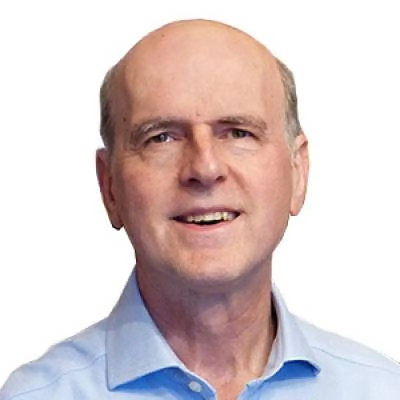
Philippe De Wilde (Chair)
Professor of Artificial Intelligence
University of Kent, UK
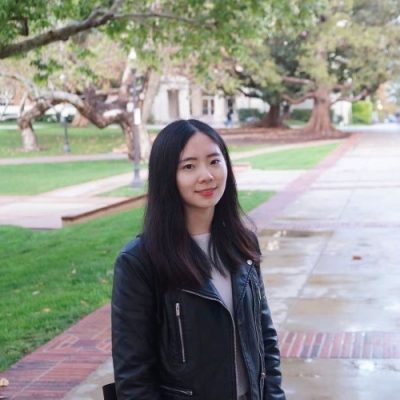
Zihan Kan
Assistant Professor at the Department of Geography and Resource Management, The Chinese University of Hong Kong
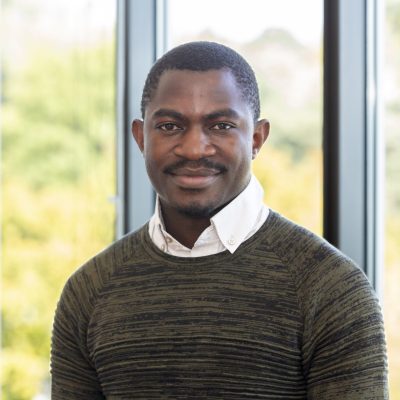
Thomas Basikolo
Programme Officer in the Telecommunication Standardization Policy Department of the ITU Telecommunication Standardization Bureau (TSB)
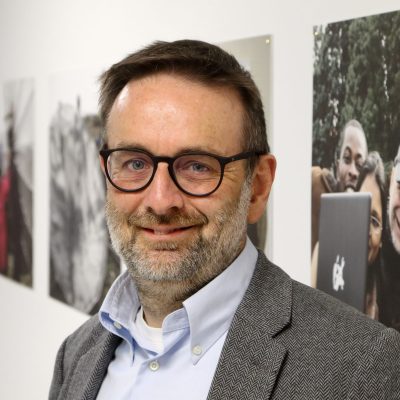
Marco Zennaro
Researcher at the Abdus Salam International Centre for Theoretical Physics (ICTP)

Aboubakri Diaw
Principal Coordination Officer, United Nations
Evaluating the Sustainable Development Goals is a highly complex task, as it involves multiple dimensions (economic, social and environmental), scales (global, regional, national) as well as some cultural factors. Researchers have already created analytical tools and models to examine specific aspects of sustainable development, aiming to understand the connections among them. Computational models such as agent-based models or micro-simulation are increasingly used to support the development, implementation and assessment of public policy. As Artificial Intelligence decision-making tools like ChatGPT are more and more employed to create or complement these computational models, it becomes important to understand the challenges and risks of this integration.
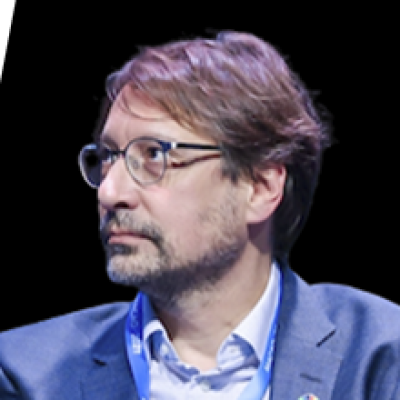
Serge Stinckwich (Chair)
Head of Research, UNU Macau, Macau SAR, China
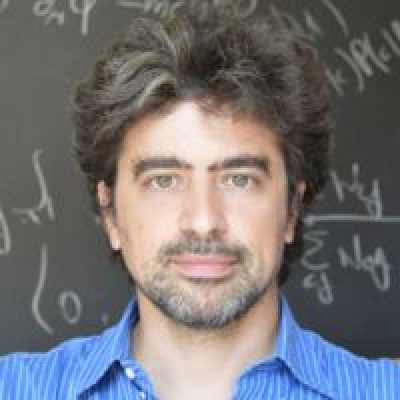
Emanuele Pugliese
Researcher, UNU-MERIT
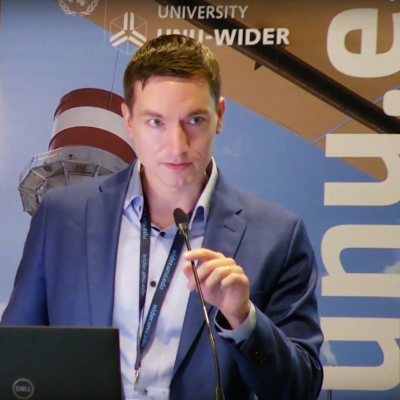
Jesse Lastunen
Research Associate, United Nations University World Institute for Development Economics Research (UNU-WIDER)
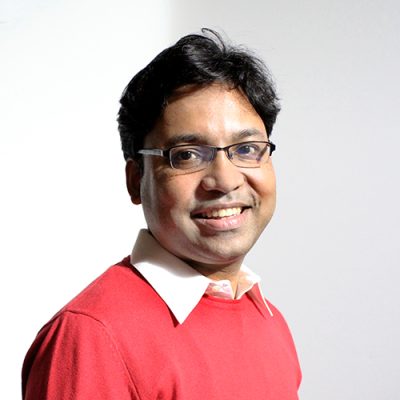
Zaber Moinul
Senior Academic Fellow, UNU-EGOV
